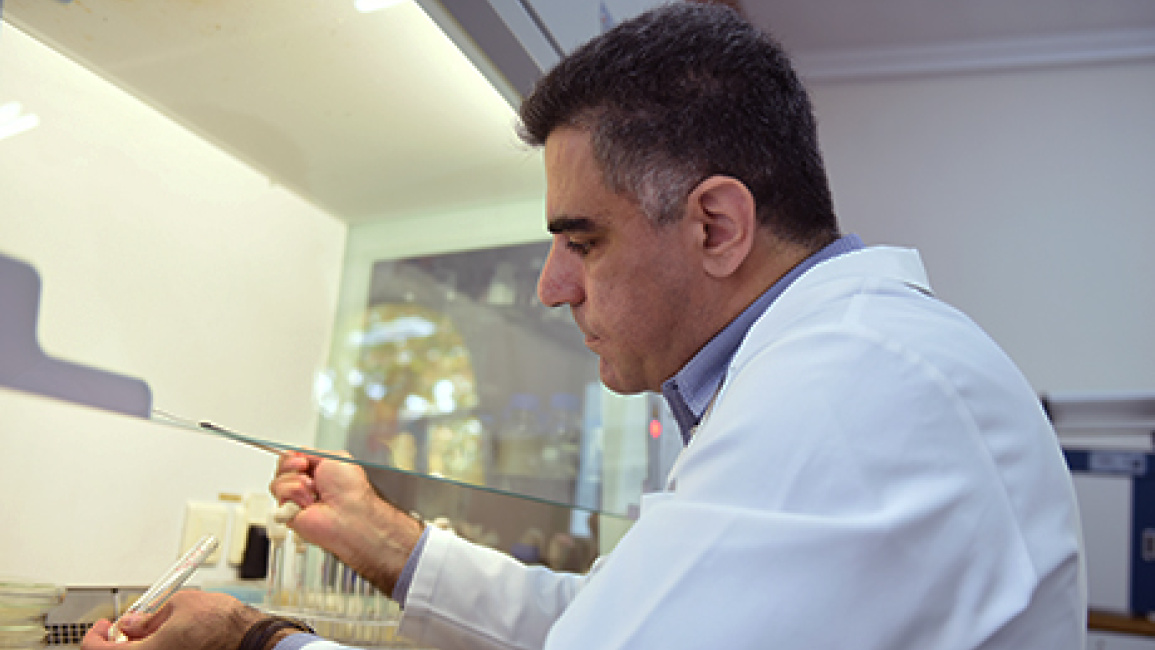- Main
- Node
- PRODUCTION AND CHARACTERIZATION OF EXOPOLYSACCHARIDES BY THERMOPHILES AND HALOPHILES ISOLATED FROM ARMENIAN EXTREME ENVIRONMENTS
January 19, 2022 | 11:07
Science
Society
PRODUCTION AND CHARACTERIZATION OF EXOPOLYSACCHARIDES BY THERMOPHILES AND HALOPHILES ISOLATED FROM ARMENIAN EXTREME ENVIRONMENTS
Numerous extremophilic microbes produce exopolysaccharides (EPS) as a significant strategy to survive in extreme conditions.

It should be noted that the scientific topic was funded by the Science Committee as a result of a competition for scientific topics within the framework of contractual funding of scientific and technical activities.
We talked about the goals of the scientific program and the expected results with Hovik Panosyan, Associate Professor of the Department of Biochemistry, Microbiology and Biotechnology, YSU Faculty of Biology, Candidate of Biological Sciences, Head of the above-mentioned scientific program.

The EPSs produced by extremophilic prokaryotes display a wide structural diversity and due to their physical, rheological and some other unique properties have found applications from pharmaceutical to food-processing, but can also be used in production of paints, detoxification and bioremediation processes. The purpose of the current project is to reveal EPS producers among thermophilic and halophilic bacteria and archaea isolated from Armenian geothermal springs, saline-alkaline soils and subterranean salt deposit. Moreover, chemical-physical and structural features of their produced EPSs will be performed. The whole genome sequences of active producers will be investigated to reveal EPS encoding genes. The successful outcome is promising to get novel undescribed and biotechnologically prospective active producers of EPS and genes involved in their synthesis.

Numerous extremophilic microbes produce exopolysaccharides (EPS) as a significant strategy to survive in extreme conditions. The EPSs produced by extremophilic prokaryotes display a wide structural diversity and due to their physical, rheological and some other unique properties have found applications from pharmaceutical to food-processing, but can also be used in production of paints, detoxification and bioremediation processes.
The purpose of the current project is to reveal EPS producers among thermophilic and halophilic bacteria and archaea isolated from Armenian geothermal springs, saline-alkaline soils and subterranean salt deposit. Moreover, chemical-physical and structural features of their produced EPSs will be performed. The whole genome sequences of active producers will be investigated to reveal EPS encoding genes. The successful outcome is promising to get novel undescribed and biotechnologically prospective active producers of EPS and genes involved in their synthesis.

